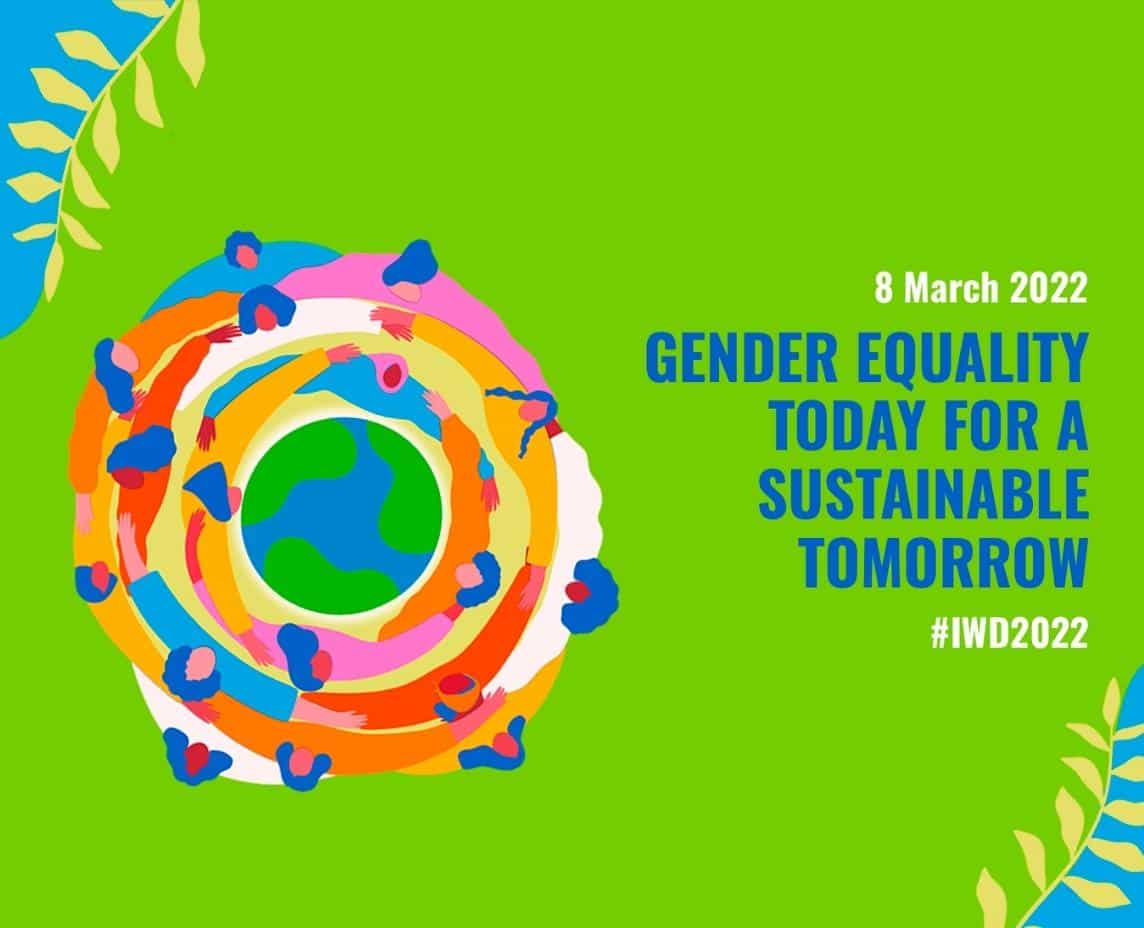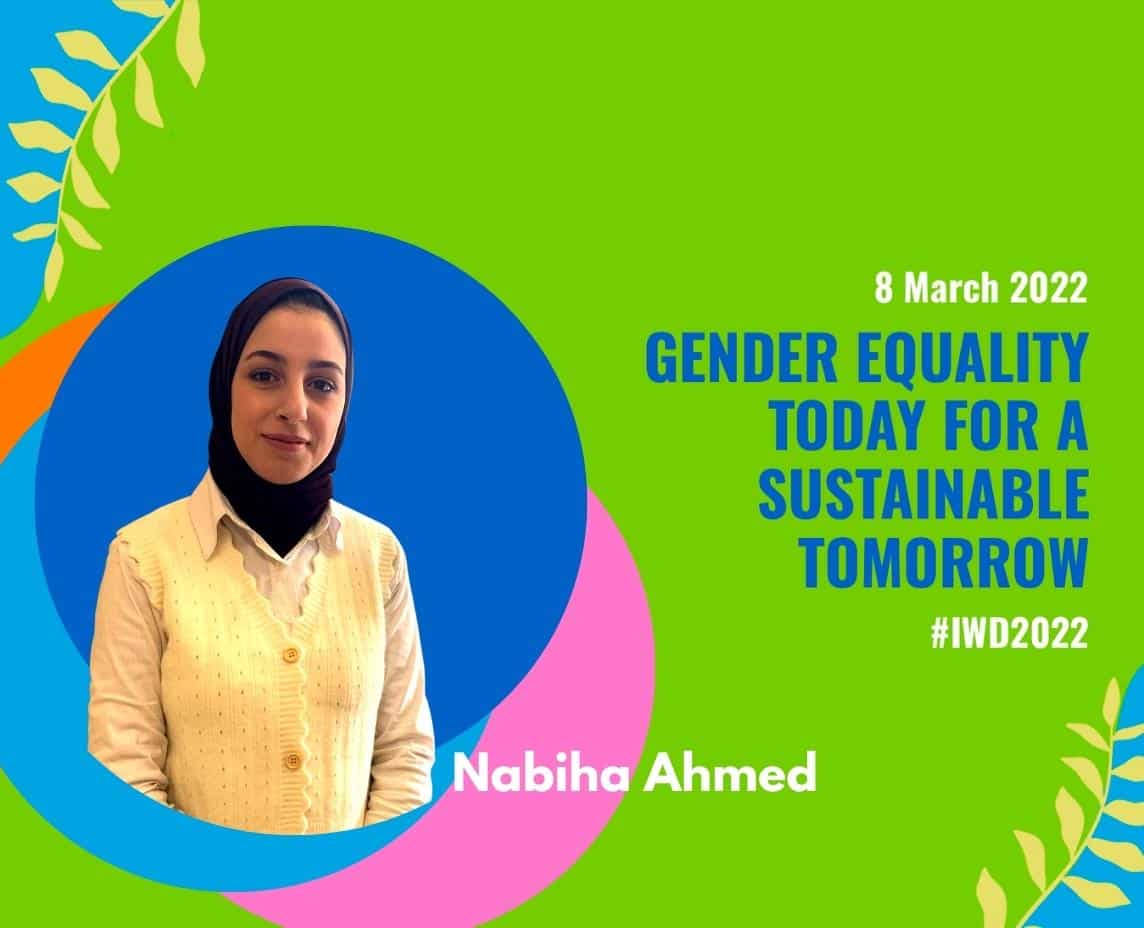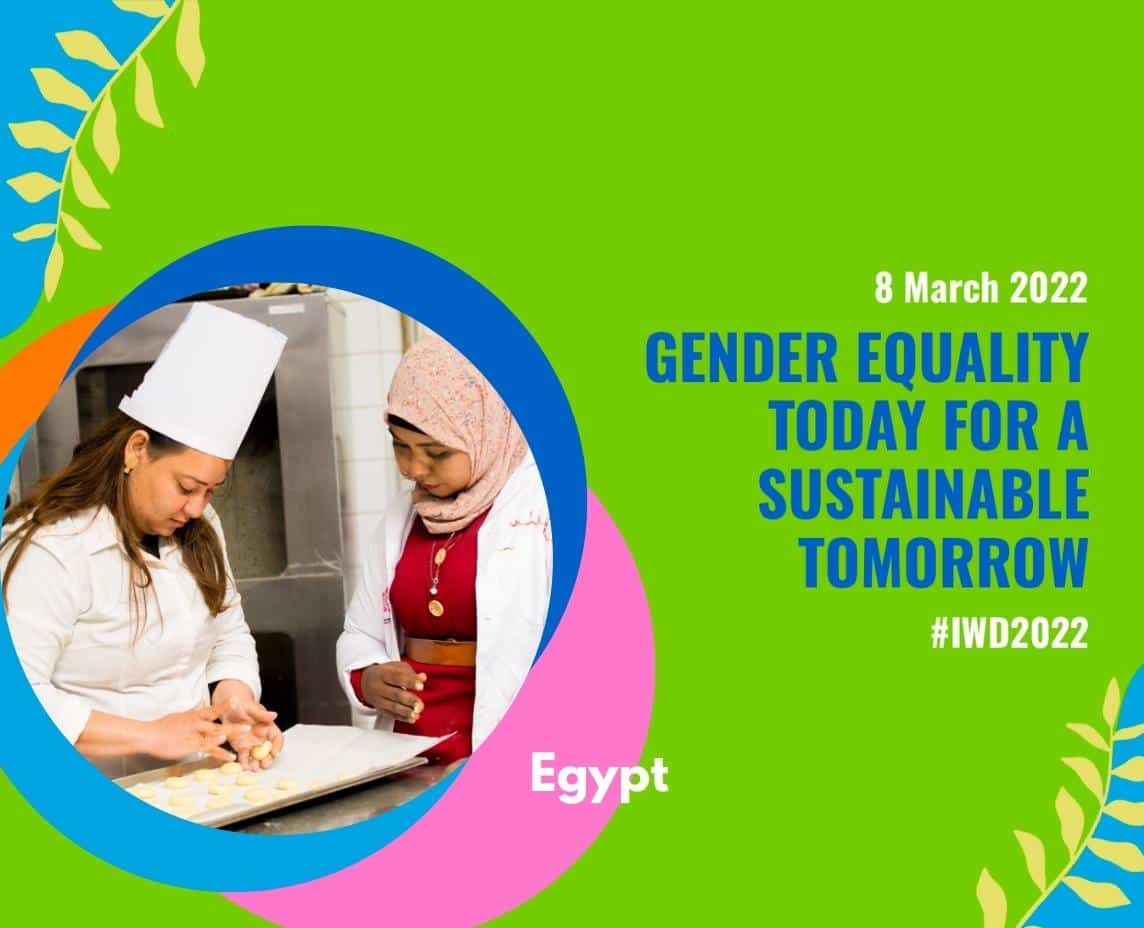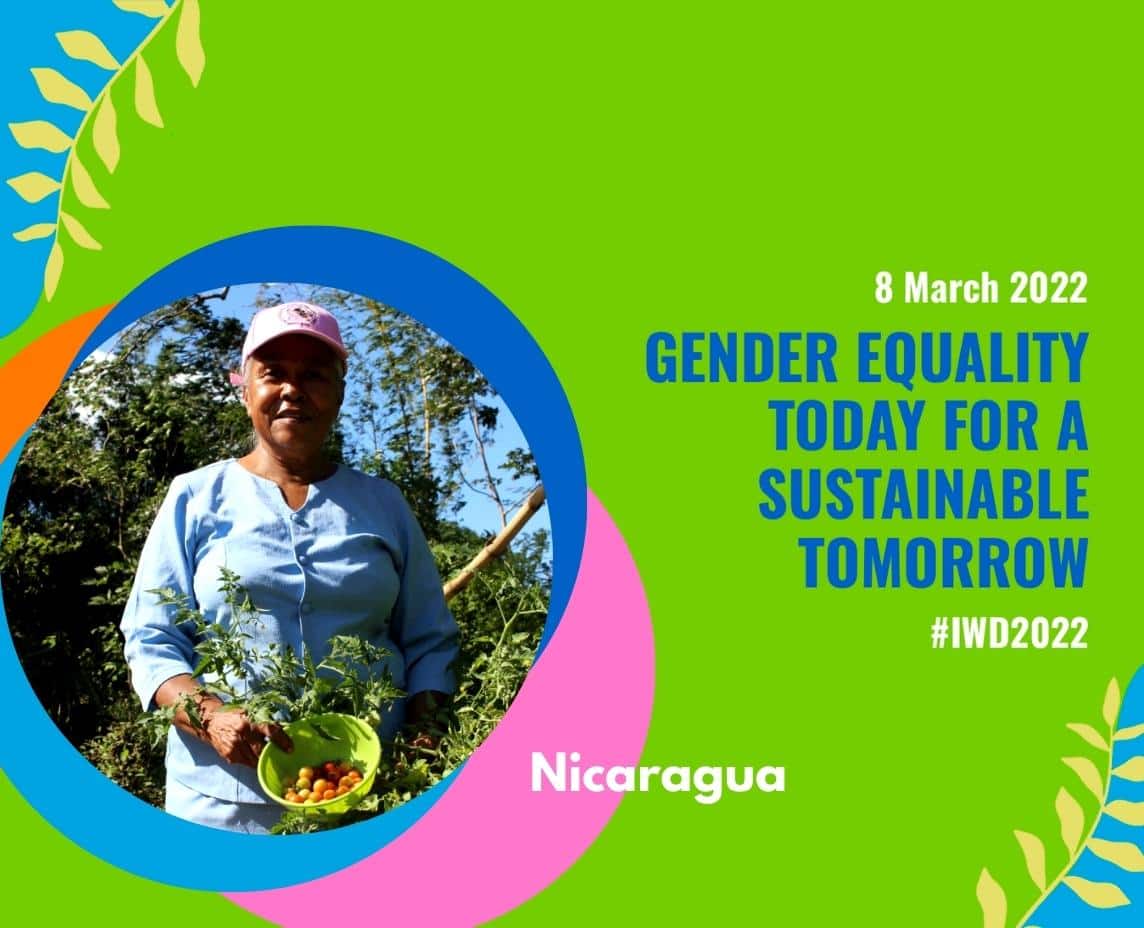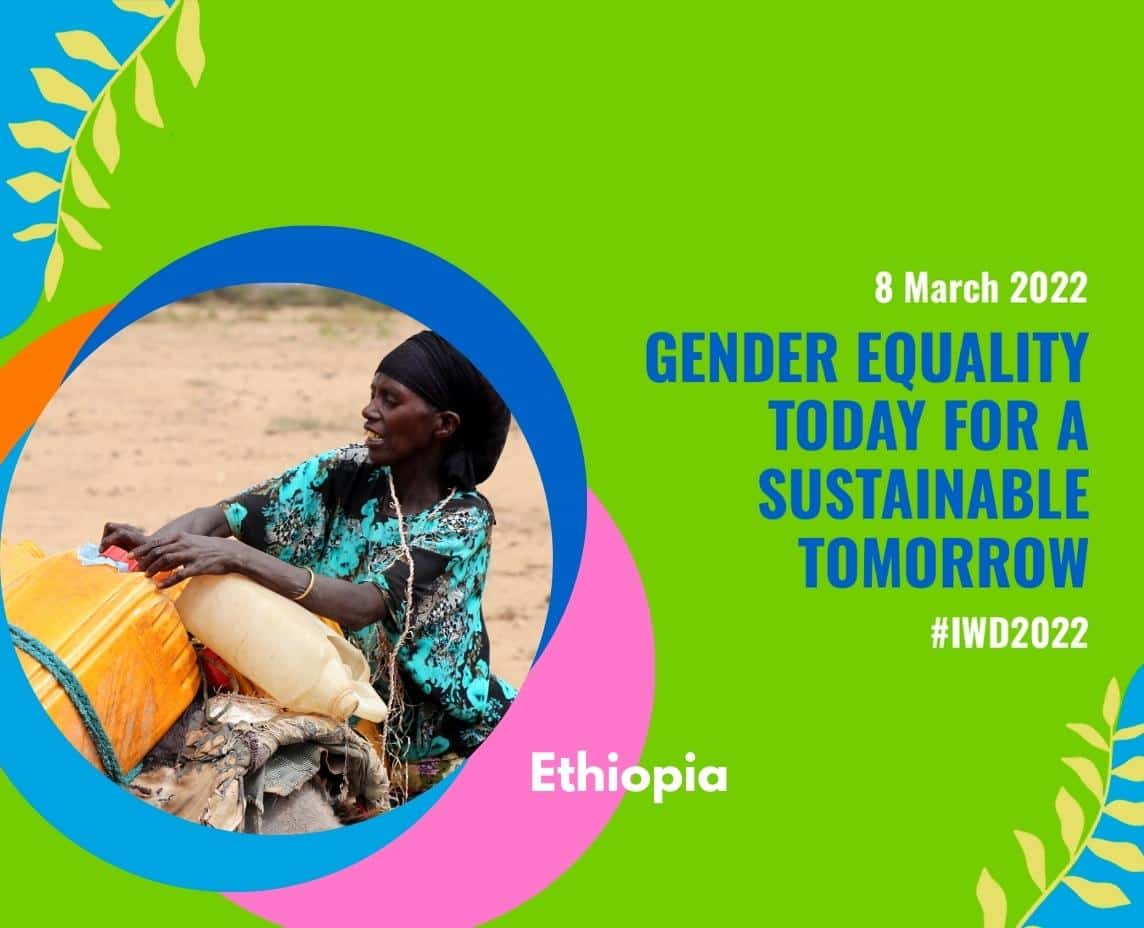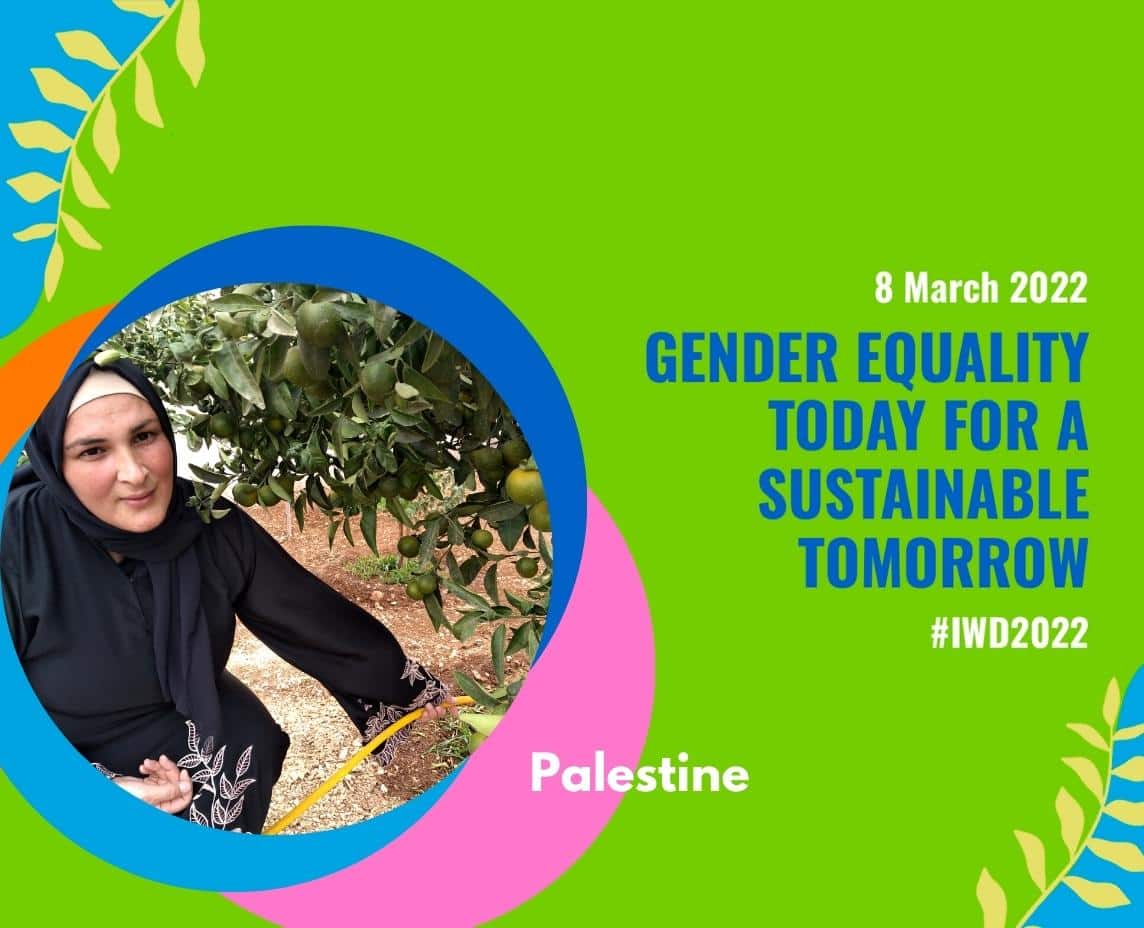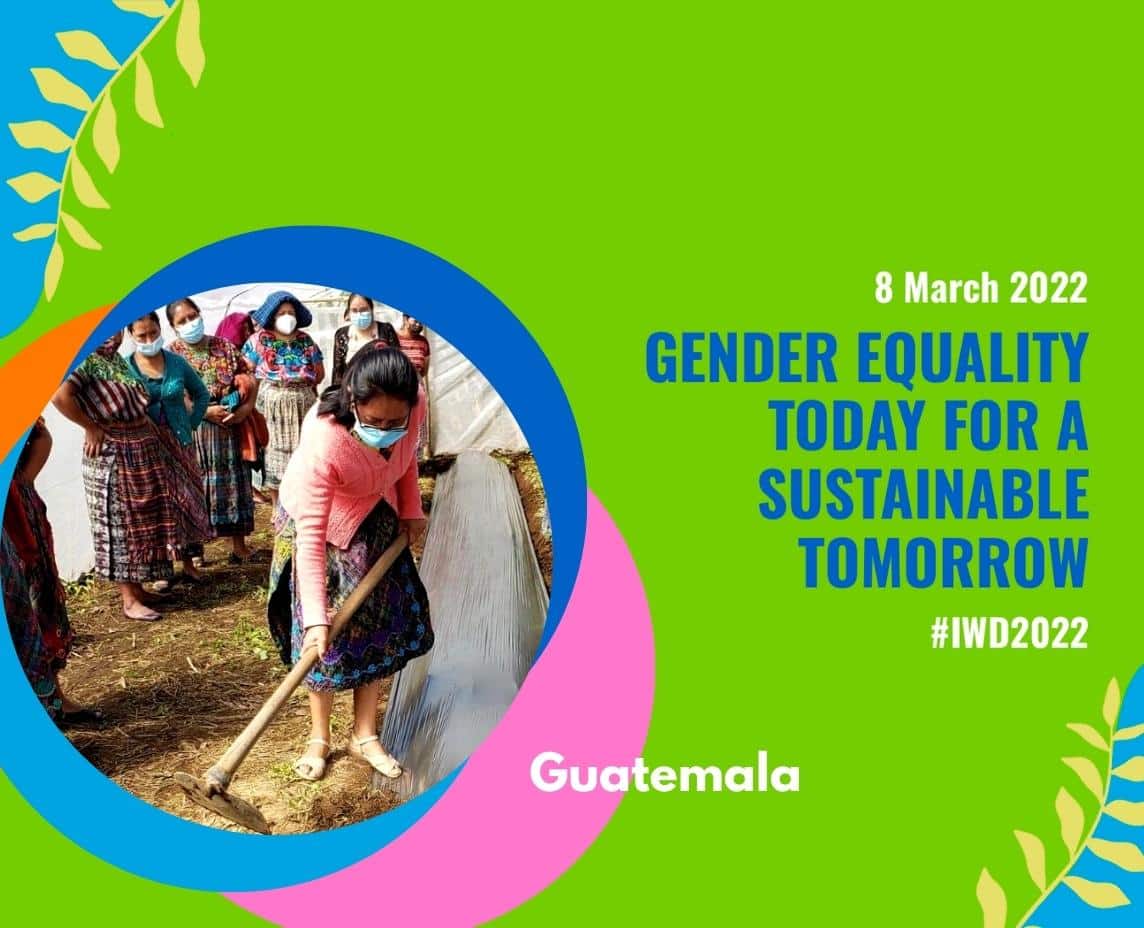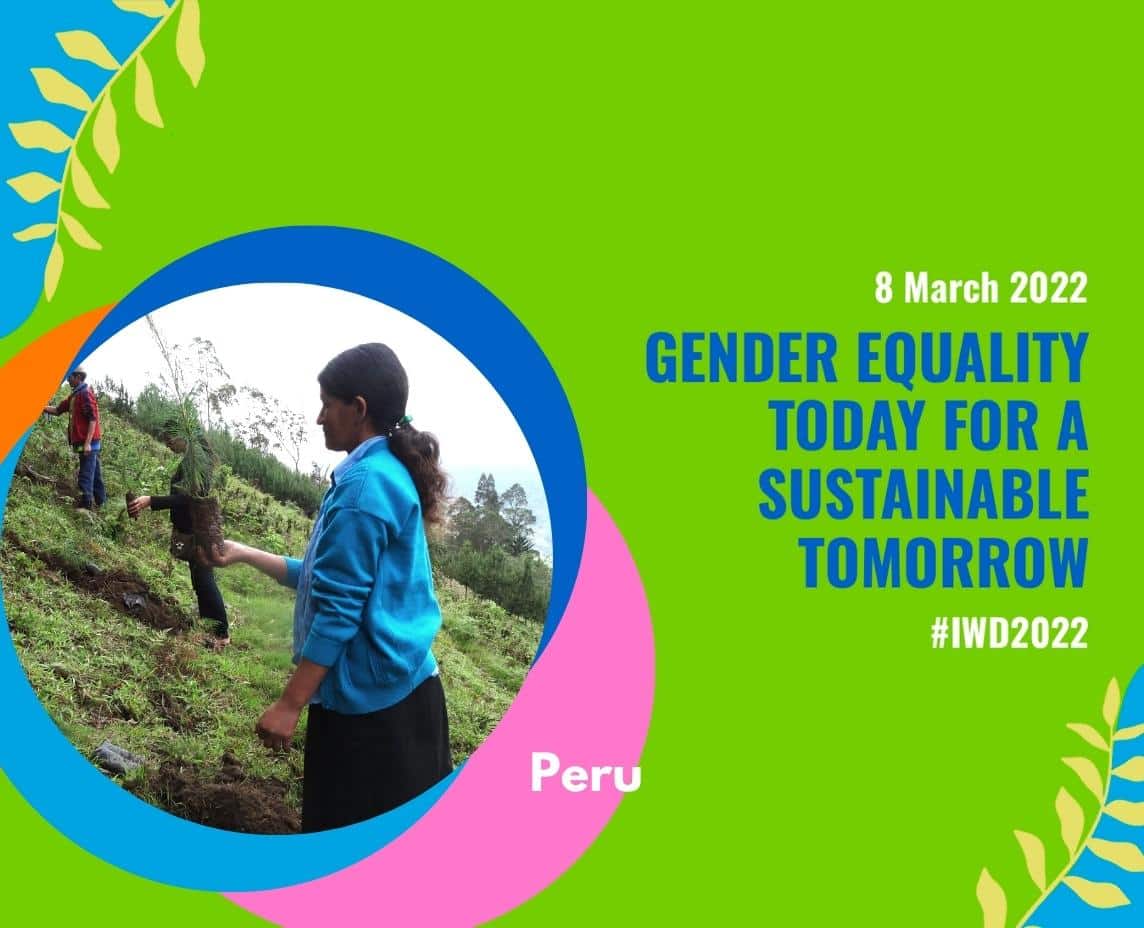From the Social Promotion Foundation and the Women and Equality Observatory (OMEI) we join the celebration of International Women’s Day, which is celebrated every March 8 around the world and whose motto this year is “Gender equality today for a sustainable tomorrow”.
Climate change is one of the main causes of biodiversity loss in the world and has serious consequences, such as the collapse of food and health systems.
Social Promotion Foundation, in consultative status with the Economic and Social Council (ECOSOC) of the United Nations, exposes in its written statement presented and published by UN Women in the official documentation of the 66th session of the Commission on the Juridical and Social Condition of Women (CSW66) that if it is true that the 17 Sustainable Development Goals of the 2030 Agenda are deeply interconnected and interrelated, the link between Goal 5 –Gender Equality– with each one of them is more than evident.
The vulnerability of women and girls, a consequence of the lack of access to and enjoyment of their rights, is reflected in the most diverse aspects of the social, economic and political reality. In this context, the effects of environmental degradation and the impact of climate change take on a greater dimension in the lives of women and girls, especially in developing countries.
It is women and girls who are responsible for most of the more laborious and time-consuming tasks, such as fetching water and tending livestock. In some intervention areas, during the dry season, women walk 4 to 6 hours a day to fetch water. This translates into fewer girls going to school, less time and opportunities to devote to strengthening women’s capacities, to invest in income-generating activities, as well as greater exposure to gender-based violence to women and girls.
For this reason, in addition to our actions for the climate, the Foundation promotes the labor rights of rural women and entrepreneurship so that they become key agents to achieve the economic, environmental and social changes necessary for sustainable development.
We want, on a day like the one we celebrate today, to focus on all the women and girls who, within the framework of our projects, in geographical areas where there is greater aridity, and where the climate crisis punishes vulnerable populations they become protagonists of their development.
They are strong and fighter women like Nabiha, who, together with 30 other young Palestinians, presented her initiative as an agro-negotiator and entrepreneur, after months of work and training within the framework of the sustainable and equitable empowerment project for young Palestinians in Area C. against COVID-19 through the agribusiness sector project, developed with PARC and financed by AECID.
Some may believe that marriage and childbearing are like a graveyard of dreams and ambitions, but 26-year-old Nabiha Ahmed had a different point of view.
She grew up in the village of Kafr Al-Deek, in a family that relies on agriculture as their main source of income. Nabiha graduated from the faculty of electrical engineering and later joined the Palestinian unemployed list, but after continuous efforts and investigations she got a job opportunity, which, however, she lost due to the pandemic.
She then decided to face the pressure, fear, uncertainty and insecurity and start an Aloe Vera farming business, due to her long-standing interest in skin care products. After clearing up the idea and investigating its feasibility, Nahiba decided to apply under the youth empowerment project, despite being in the last weeks of her pregnancy. After completing the initial process, Nabiha received one of the highest ratings for her project.
When the project team contacted her, they were surprised that she had given birth only two weeks ago. To participate in the presentation of the project before the jury, she had to leave the girl with her grandmother. The jury was convinced of her determination and Nabila’s project was selected to be executed within the framework and with funding from the project.
“Despite the challenges of the distance from my home to the training center and the responsibility of my young daughter, I always had this dream in front of my eyes. I was very focused and wanted to capture all the information and technical details that the formations offered” (Nabiha Ahmed, 26 years old)
As Nabiha told us, upon learning of her selection, she kissed her daughter and promised to continue this path until she became a businesswoman.
Other women, like Nabiha, will be able to start their own businesses in Upper Egypt by participating in a project that promotes decent work through professional training for micro-entrepreneurship. The project, which is aimed at vulnerable groups, is developed together with AUEED and is financed by AECID.
Training is guaranteed through professional training activities such as those shown in the following video:
is also currently working on other projects to promote women and promote equal opportunities between women and men in the Bay of Sechura and the Chipuluc Micro-basin (Peru), Nicaragua, Upper Egypt, Jordan, the West Bank and Gaza and Jenin Governorate (Palestine), Oromia and Somali Region (Ethiopia), Vista Bella and Joya Grande (Guatemala) and Uganda.


